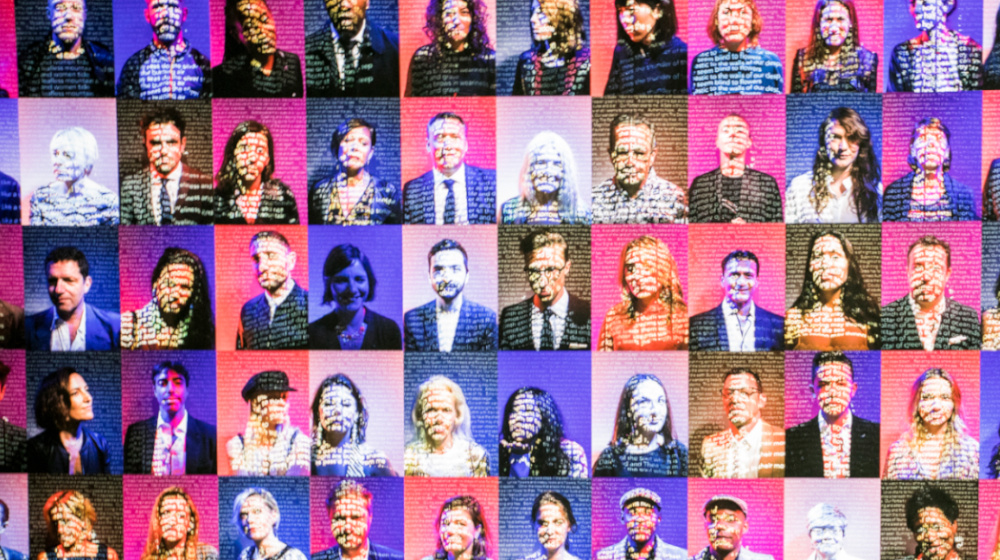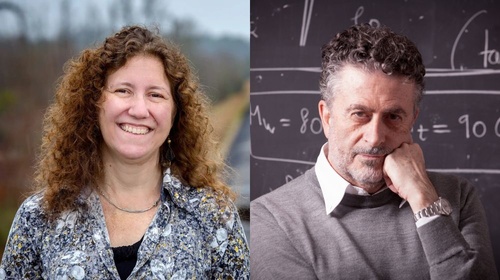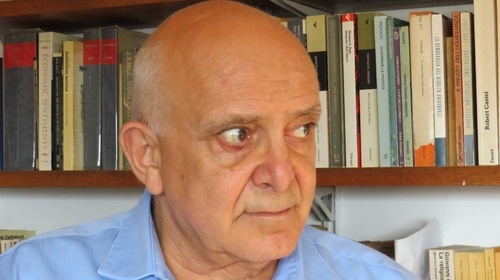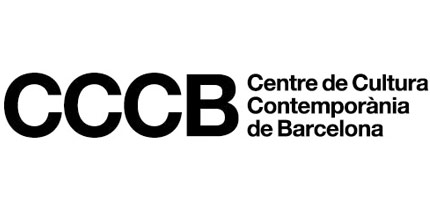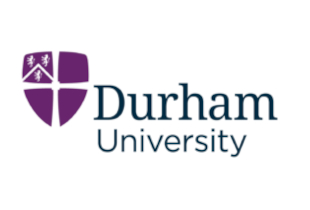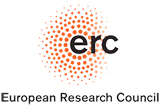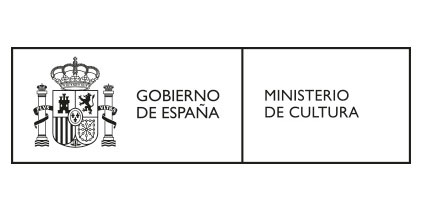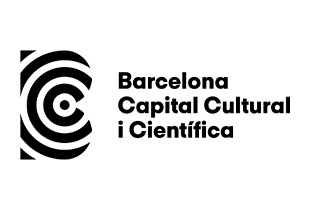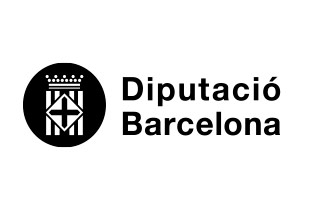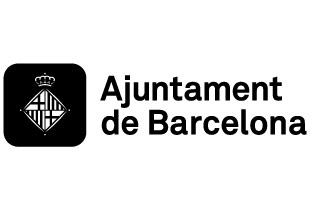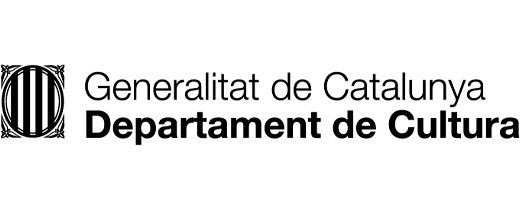AI: Artificial Intelligence
Algorithmic Societies
Ethics and policy in the artificial intelligence age
Debate
Free with pre-booking
International seminar coorganised by the CCCB and the European project Algorithmic Societies about the AI social impacts.
With its participation in political decision making, artificial intelligence (AI) is transforming all dimensions of the public sphere. From modelling urban flows during the COVID-19 pandemic, through to immigration policy and social welfare, the impact of AI is resounding everywhere. Precisely because of its huge transformative power we should not use this new tool without a clear understanding of its limits and potentialities.
What happens when the complexity of social phenomena is reduced only to elements that can be expressed in the language of algorithms? What is the sense of political community or urban assembly when they are redefined as sets of data? What is at stake when we are told that intractable political problems can be dealt with by means of designing an algorithmic model? Moreover, reflection is needed on the values that are shaping AI applications. What is the origin of the biases that permeate algorithms? What interests do they answer to?
In attempting to answer these and many other questions, the seminar offers a space for discussion among experts from such diverse areas of knowledge as urban geography, sociology, philosophy, engineering, history of science, artificial intelligence, and design. Only a multidisciplinary conversation can help to make intelligible the human and social transformations that are presented by the development of artificial intelligence.
On Thuesday, November 21, and Wednesday, November 22, will take place two public events related to this seminar: N. Katherine Hayles / Being human in the AI age and Ramon López de Mántaras / Can there be an ethical AI?
Tuesday, November 21
9:30 – 10:00
Opening remarks: CCCB and Durham University
10:00 – 11:45
Experimental worlds
Machine learning technologies are giving rise to new forms of experimentation on data societies. How is our social fabric being remade and reshaped through experiments with algorithms?
Orit Halpern (Dresden University of Technology)
Mercè Crosas (Barcelona Supercomputing Center)
Benjamin Jacobsen (York University)
Moderator: Albert Sabater Coll (Catalan Observatory for Ethics in Artificial Intelligence)
12:00 – 13:45
Prediction and discovery
From finding patterns in data to detection "predictive" features, the idea of discovering new things has been important in the rise of AI systems. What happens when machine learning algorithms "discover" the attributes of societies? What happens to the data features that are lost or discarded in this process?
Nanna Bonde Thylstrup (University of Copenhaguen)
Ludovico Rella and Alexander Campolo (Durham University)
Johannes Bruder (University of Applied Sciences and Arts Northwestern Switzerland)
Marta Handenawer (Domestic Data Streamers)
Moderator: Louise Amoore (Durham University)
Wednesday, November 22
10:00 – 11:45
Algorithmic discriminations
From clustering technologies to racialised surveillance and profiling, new spatial divisions are emerging in the algorithmic society. How is AI discriminating among populations of people? What are the implications for categories of race, gender and sexuality?
Thao Phan (Monash University)
Scott Wark (University of Kent)
Rocco Bellanova (Free University of Brussels)
Carlos Castillo (ICREA-Pompeu Fabra University)
Adrián Arnaiz (ELLIS Alicante Foundation)
Piera Riccio (ELLIS Alicante Foundation)
Moderator: Jordi Pérez Colomé (El País)
12:00 – 13:45
Artificial governance
From the modelling of climate to the use of algorithms in law, AI is engendering new political orders. What are the consequences of algorithmic classification, vision, and modelling for the ways in which societies are governed?
Fabian Offert (University of California, Santa Barbara)
Antoinette Rouvroy (University of Namur)
Till Straube (Goethe University Frankfurt)
Marta Galceran (Barcelona Centre for International Affairs, CIDOB)
Moderator: Ulises Cortés (Barcelona Supercomputing Center)
Moderators: Albert Sabater Coll, Louise Amoore, Jordi Pérez Colomé, Ulises Cortés
Participants: Orit Halpern, Mercè Crosas, Benjamin Jacobsen, Nanna Bonde Thylstrup, Ludovico Rella, Alexander Campolo, Johannes Bruder, Marta Handenawer, Thao Phan, Scott Wark, Rocco Bellanova, Carlos Castillo, Adrián Arnaiz, Piera Riccio, Fabian Offert, Antoinette Rouvroy, Till Straube, Marta Galceran
This activity is part of AI: Artificial Intelligence, Algorithmic Societies
Related contents
Algorithmic discriminations
Thao Phan, Scott Wark, Rocco Bellanova, Carlos Castillo, Adrián Arnaiz & Piera Riccio
From clustering technologies to racialised surveillance and profiling, new spatial divisions are emerging in the algorithmic society. How is AI discriminating among populations of people? What are the implications for categories of race, gender and sexuality?
Artificial governance
Fabian Offert, Antoinette Rouvroy, Till Straube & Marta Galceran
From the modelling of climate to the use of algorithms in law, AI is engendering new political orders. What are the consequences of algorithmic classification, vision, and modelling for the ways in which societies are governed?
